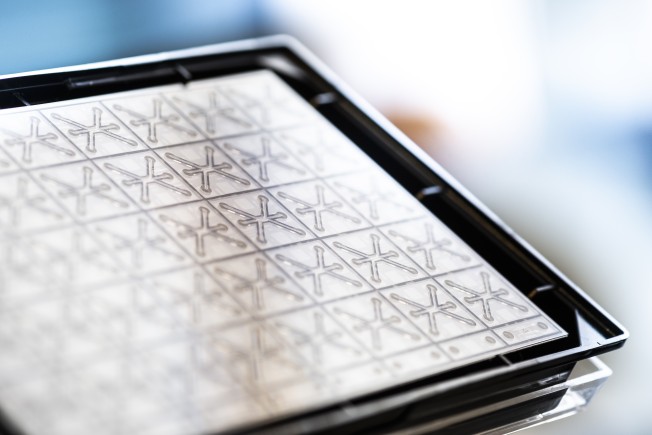BBSRC/NC3Rs joint call: development of next generation non-animal technologies

A total of £4M is available through a new collaboration between the BBSRC and NC3Rs focused on supporting alternatives to in vivo models in bioscience research.
Prospective applicants are encouraged to watch our webinar for further information and guidance on the application process.
Guidance on scheme remit and eligibility, including detailed information about the application process.
